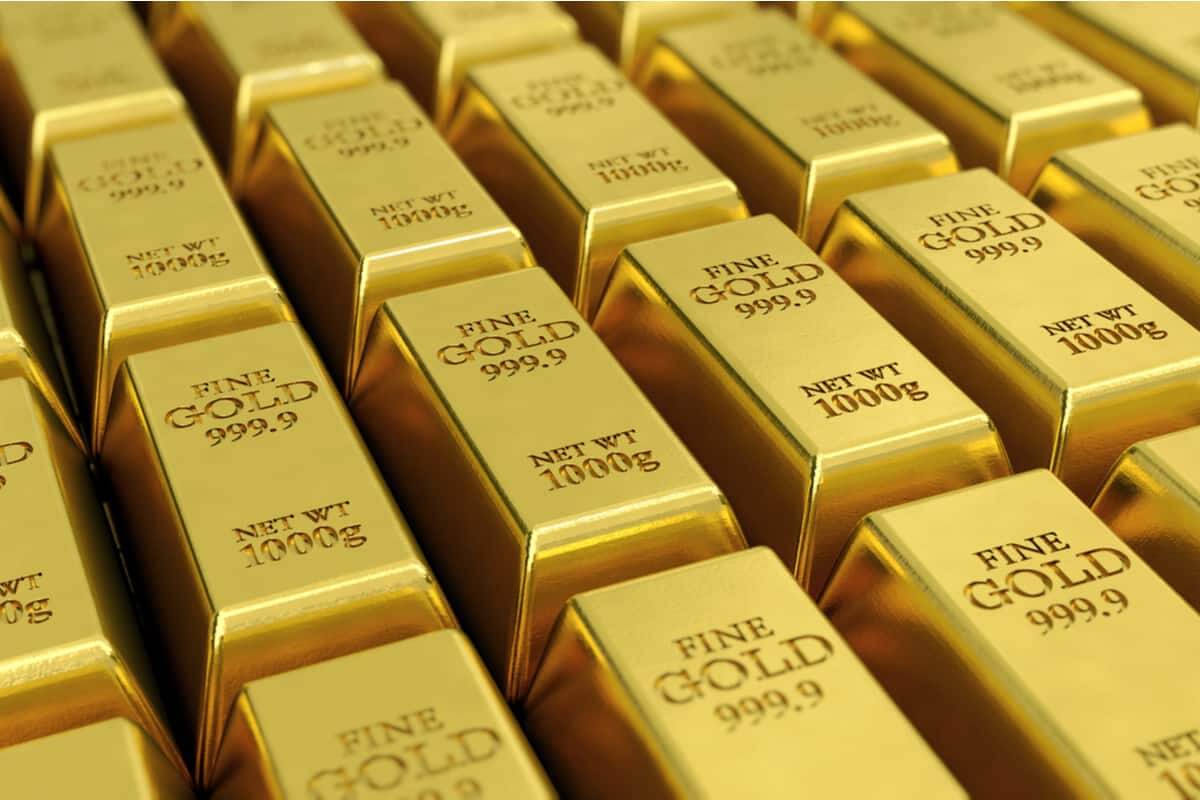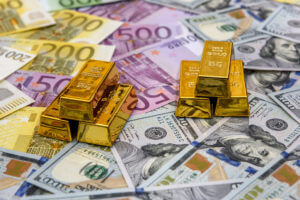
Russia lowers its gold reserve level for the first time in more than a decade
As a counterweight to international sanctions and counter the importance of the dollar in global trade, the precious metal reserves began to increase. However, for the first time, the Central bank of Russia has decreased the amount of gold from its reserves compared to the previous month.
On the other side, Turkey continues to bet on gold as a reserve asset and has acquired almost 40 tons.
The data published by the World Gold Council on June 5 reveals that the Russian central bank reserves a total of 2,298.7 tons of gold. This is half a ton less than the figure that appeared in the previous list.
However, the list the WGC offered reflects the situation two months later.
In March, the Russian Federation announced that it would stop acquiring gold from local producers.
Furthermore, the purchase operations have not been as numerous on other occasions, undoubtedly due to the high price reached by gold.
Other countries increased their gold reserves
Turkey has once again been the country that has increased its gold reserves the most. The Central Bank of Turkey has acquired 38.8 tons of gold, which raises its current reserves to 542 tons.
The second most important operation was the purchase made by the Reserve Bank of India. It gained 11.2 tons of gold in April, which raised its total reserves in this metal to 653 tons.
Last month, three other purchase operations of smaller amounts had been registered. The United Arab Emirates has added 1.8 tons of gold to its reserves, which amounts to 29.5 tons; Serbia has acquired 0.2 tons, bringing its total to 31.1; and Mexico has increased its reserves by 0.1 tons, to 120.1 tons.
Countries that have reduced their precious metal reserves
On the sales side, there have been more registered operations, although smaller ones. The most massive sales operation has been carried out by Kazakhstan. The country has shed 11.1 tons, bringing its total reserves to 377.1.
Ecuador has also made a significant sale of gold, of 7.5 tons in total, which reduced its reserves to 14.5 tons.
Kyrgyzstan, whose central bank is a regular buyer, has also taken advantage of the gold price increase in April, and sold 2.6 tons of gold, leaving its reserves at 11.8 tons.
Uzbekistan, also a buyer in recent years, has shed 2.2 tons, leaving its total reserves at 335.9 tons.
Other countries have acquired less than a ton. The German Bundesbank has reduced its reserves by 0.6 tons, remaining with 3,363.6 tons. The central banks of Egypt and Brunei have sold 0.1 tons, left with 79.4 and 4.5 tons, respectively.
-
Support
-
Platform
-
Spread
-
Trading Instrument




